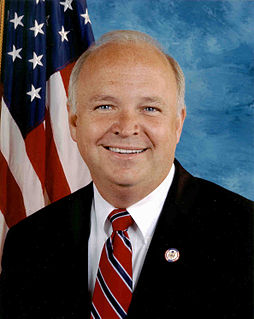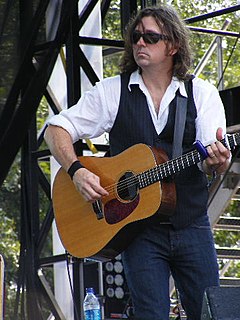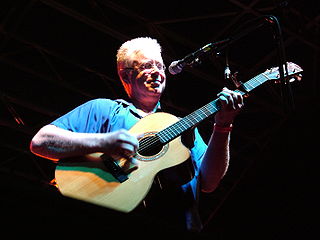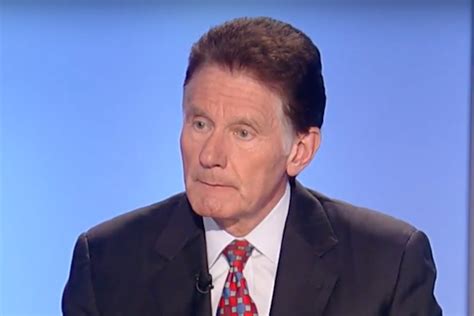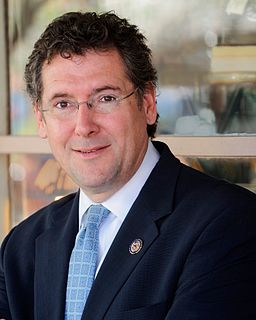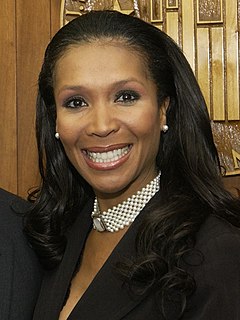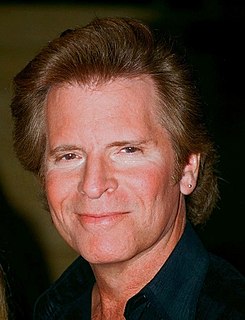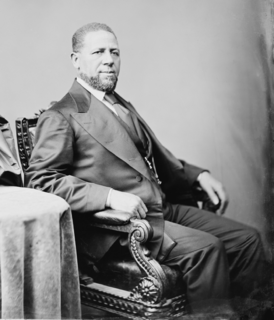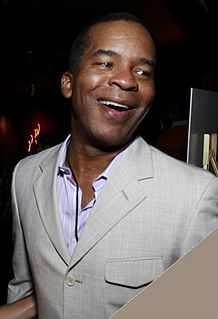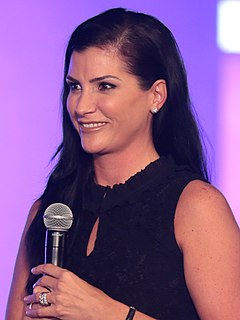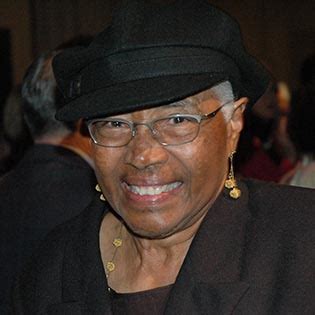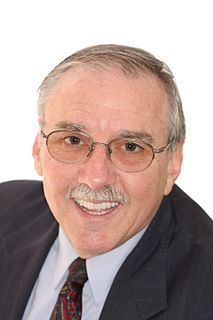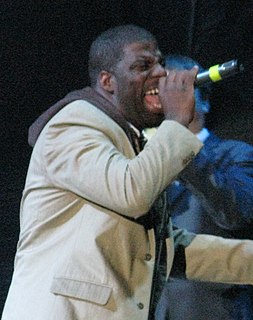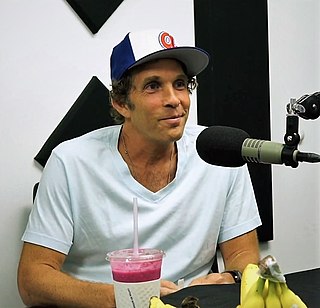Top 548 Mississippi Delta Quotes & Sayings - Page 7
Explore popular Mississippi Delta quotes.
Last updated on December 21, 2024.
I love Nashville, but I miss the Gulf Coast, the wetlands, and the Delta of Lower Alabama every day. Magnolia Springs is a sweet little town in reality, but, in my heart, it is a kind of mythological oasis. I relive the memory every time I cross the Magnolia River. My memory is probably not accurate, but it's a wonderful memory. So Magnolia Springs lives in my heart as a beautiful, cool, watery place.
You can tell this by the program the federal government had to train 2,400 tractor drivers. They would have trained Negro and white together, but this man, Congressman Jamie Whitten, voted against it and everything that was decent. So, we've got to have somebody in Washington who is concerned about the people of Mississippi.
Safe from the Neighbors is a novel of unusual richness and depth, one that's as wise about the small shocks within a marriage as it is about the troubled history of Mississippi. Steve Yarbrough is a formidably talented novelist, shuttling between the past and present with a grace that feels effortless.
When we have a favorite writer, it's always the places where they grew up, lived, worked, and that they recreated on the page that we most want to visit and commune with. Faulkner's Mississippi, Raymond Chandler's Los Angeles, etc. The mind of the reader longs to be somewhere, not just anywhere, and certainly not nowhere.
When I was a child, I thought of my Delta town as the center of the universe, but now I realize how little I know about the universe. As a child, I thought I was immortal, but now I recognize how limited a time we all have. As a child, success meant scoring A on every exam, but now I take it to mean good health, close family and friends, achieve- ments in my work, and helping others.
After my early days of being a passionate young Elvis fan, Chuck Berry, Little Richard, etc. I got interested in Ray Charles and Ella Fitzgerald. Then I got turned on to the blues. I realized how important it was to our music in England at the time. Everyone was into the blues. Then you start looking at the different kinds of blues, and you follow the journey backwards from Chicago to earlier times back down to the Delta to the Memphis Blues.
